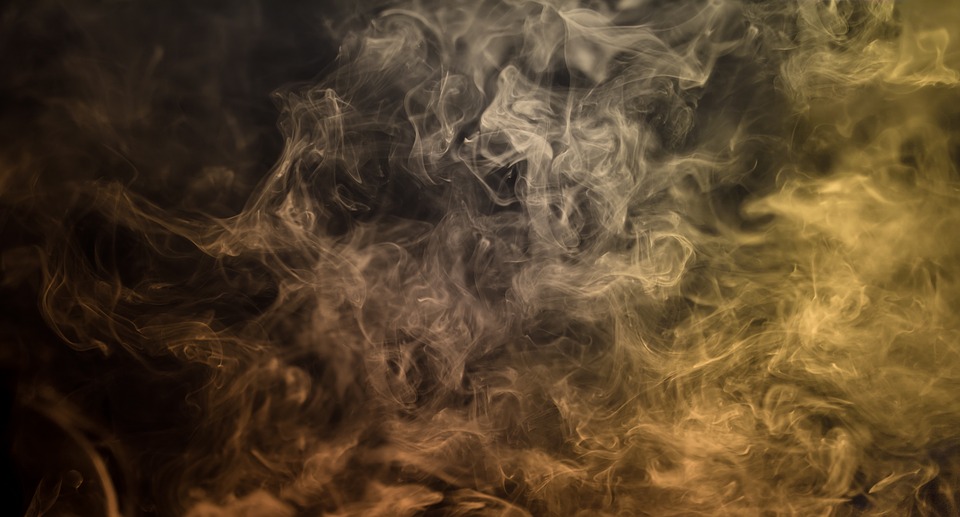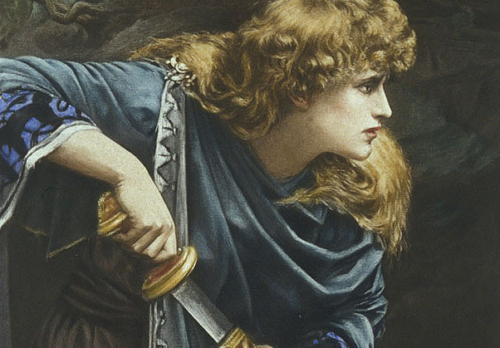United States Conference
of Catholic Bishops
Cardinal Daniel DiNardo, President
3211 Fourth Street NE
Washington DC 20017
202-541-3000 @USCCB
Dear Cardinal DiNardo and US Bishops,
Thank you for your recently-released statement addressing the revelations concerning both Archbishop Theodore McCarrick and the Pennsylvania Grand Jury report.
Many American Catholics are grateful to read that the United States Conference of Catholic Bishops is committed to investigating, reporting on, and resolving questions and circumstances surrounding both issues. We ask that you please shine a hard light on the matter of Archbishop McCarrick. A truly objective, thorough, and forensic examination of his story is essential, and as you “develop a concrete plan for accomplishing these goals” in time for your November meeting, we will pray that the Holy Spirit guides you into wise discernment and courageous action, that you may truly begin to address the cesspit in which our Church seems mired.
From where we layfolk are sitting, here is what we see: Theodore McCarrick’s entire clerical career was fraught with dishonesty, psycho-sexual misconduct, human objectification and abuses against the bodies, minds, and spirits of young Catholics, in particular seminarians — young men who began their studies in faith and hope only to find themselves preyed upon, abused, and threatened with social exclusion or fraternal isolation when resistant. There is now also a credible accusation of what would be criminal abuse. Through it all, McCarrick rose through the ranks of the church with the support of influential churchmen, until becoming himself (and remaining) a key influencer in the Church. We need to know: How did that happen?
That is a major question we want answered; we suspect that if you pull that string, the whole fabric of corruption will begin to come apart, as it must if our afflicted church is to be restored to health.
Know this: We appreciate that getting to the bottom of McCarrick’s story may actually cost you something, may anger some powerful people, may require more of you than you have yet imagined. But if you pursue this investigation faithfully, fearlessly, truthfully, and thoroughly, you will have the prayerful support of the laity — the currently extremely angry, betrayed-feeling laity who at this moment are inclined to doubt you, and perhaps the Church itself, though never Christ.
We want to believe in the sincerity of your stated intentions, and when we see commensurate action behind your words, action rooted in the Gospel of Jesus Christ rather than self-protection, we will have your backs, because we are Church, and we want to see our Eucharistic and Sacramental church thrive, not shrivel. We need priests, and bishops, you need us.
One additional thought: While it is heartening to see the USCCB acknowledge that lay input will be an important part of all of this going forward, the scope of lay involvement, as outlined in your statement, is entirely too narrow. You write, “Lay people bring expertise in areas of investigation, law enforcement, psychology, and other relevant disciplines, and their presence reinforces our commitment to the first criterion of independence.”
It is true that lay people within these disciplines are important to the process you’re about to begin, but sirs — with all due respect — if you believe you will satisfy the demand for lay involvement by inviting only those with credentials in specific areas of expertise but do not include some people from the pews, the ordinary folks who worship and volunteer and tithe and try to raise their children in this church, you will invite failure to your objectives. Lay participation in future proceedings must include Catholic parents who have no other claim to being in the mix except to say, “This is our church and as fully as we suffer for her sins out of love for her, so must we be included in its processes as we seek to protect her.”
It would be good to see the Conference establish protocols for the inclusion of ordinary layfolk in every diocese who will — among other things — participate in examinations of clerical or parish misconduct, and in the screening, formation and pastoral training of our seminarians. If they are to be good shepherds in the future, their formation must put them into regular contact with the sheep they will serve.
There is much work to do. As with your statement, this is a cursory outreach to let you know what we’re thinking. In the name of Christ Jesus, please hear us.
Image: Saint Thecla prayer, Public Domain



10 Comments
Stefanie · August 17, 2018 at 5:43 pm
As I was texting my son about the USCCB’s statement and my abject disappointment in their corporate-esque reply, I asked him, “Don’t the bishops realize that this is our September 11th moment? Where are the Masses/ Prayer Services of reparation?”
I long for courageous pastors to take up the mantle of our bishops who are not courageous enough. Most parishioners couldn’t even tell you the name of their bishop, but they know their pastor’s name. I await our pastors to send out a parish email blast to all of us, letting us know they will be setting aside the next Sunday afternoon for a special Mass of Reparation/Adoration.. I’m concerned my anger is leading me to go to confession sooner than later. Perhaps having confessions available during that time would also be helpful.
Howard · August 18, 2018 at 10:17 am
“Dear Cardinal [Fill in the Blank]: Do the Right Things, and We Will Have Your Back[s]” — Can you think of any name to put in that blank for which this statement should not be true? For example, “Dear Kim Jong-un: Do the Right Things, and We Will Have Your Back.” Sure, that works. The real question is not about the IF/THEN conditional; the real question is whether the “IF” part will be truly satisfied. The history of Kim Jong-un and his recent predecessors do not inspire much confidence. Does the history of the current American hierarchy and its recent predecessors?
The trust that has been lost, even among the most committed Catholics, cannot be quickly regained by ANY means. “Do the right things, and we will have your backs — and do them consistently for a generation or two, and we will begin to trust you again.”
Howard · August 18, 2018 at 10:18 am
Oops — “Cardinal” was supposed to be part of the blank.
kelleyb · August 18, 2018 at 1:38 pm
Dear Father BIshops,
Those of us who sit in the pews on Sundays and weekdays are horrified by what has been revealed about both Archbishop Theodore McCarrick and the Pennsylvania Grand Jury report. We want the men abusing children in jail. We want the “Lavender Mafia” smoked out of our God’s most Holy Church. No longer can the homosexual behavior be ignored or covered up by the frightened or complicit of Christ’s ordained, I believe the only way to shine the healing light of the Holy Spirit is to allow laity of all walks of life to investigate. I believe this is what is required for the Church to heal.
St. Catherine of Siena pray for us.
Samwise6968 · August 18, 2018 at 2:54 pm
Aug. 18th: I understand the desire to get to the root of how McCormick was never ‘outed’ for so many years but he is gone; I believe that now is the moment to investigate thoroughly and radically ALL of the abuse – sexual and financial – that has come to light after the McCarrick report. Other Cardinals, Bishops and Priests have been engaged in sexual and financial abuses for decades; some in the hierarchy are sending their seminarians away so they cannot be questioned and shredding any papers that might show their guilt. Cdl. Wuerl went to far as to hire an Public Relations company to put a good face on his paying off a sexual predator Priest – this has been proven, and also paying out massive amounts of money for settlement on behalf of abusive Priests. The hierarchy would love to keep the focus on McCarrick – because there is so much filth remaining to be uncovered. And now – New York is next, and then…? We need to be immersed in prayer that the Holy Spirit will guide this whole process of bringing to light the evils that have been perpetrated by God’s Cardinals, Bishops and Priests.
zipsmama · August 18, 2018 at 5:22 pm
I watched The interview with Cardinal Wuerl online that was on Fox 5 in D.C. this week. It was deeply distressing. But he made one statement that absolutely stunned me. He was speaking about having met with a victim of sexual abuse during his time in Philadelphia and how difficult it was. And he said he “shed a tear.” Then I knew he was COMPLETELY insulated from the depth of the gnawing grief and excruciating pain around him. The whole interview made me feel sick to my stomach. The gentleman interviewing him was most gracious but he was clearly astonished at Cardinal Wuerl’s response’s. I kept wondering if he is Catholic. Or was.
FrCherub · August 18, 2018 at 5:52 pm
From my experience within the Anglican Church, the input of ordinary Anglican lay persons makes no difference. The solutions to the problem lay elsewhere.
mnewhous · August 19, 2018 at 1:47 am
No mention of homosexuality…just a focus on ‘vulnerable’ victims (thus seeming to ignore consensual adult sex, the rot that has created a web of secrecy and collusion and cover-up in our hierarchy).
No mention of holiness and goodness…just a ‘failure of leadership.’
We must return to the full Gospel of Christ and His moral good news also.
We must root out all grave sexual sins in our clergy, especially active homosexuality.
We must all return to the Gospel, 100%, no excuses.
The Wounded Bride and the Word of God - Regnum Christi · August 24, 2018 at 12:49 pm
[…] Elizabeth Scalia’s (lay woman and Editor at Large for Word on Fire) blog response to Cardinal DiNa… […]
Will Cupich's terrible answer help Francis to focus on sex abuse, coverups? - The Anchoress · August 28, 2018 at 7:38 pm
[…] Otherwise, may God help you, because the weight you will be carrying into eternity, as Christ asks you “Did you feed my sheep; were any lost while under your watch?” is going to be heavy beyond comprehension. As I wrote elsewhere, Do the right things, and we’ll pray for you; we’ll have your backs. […]